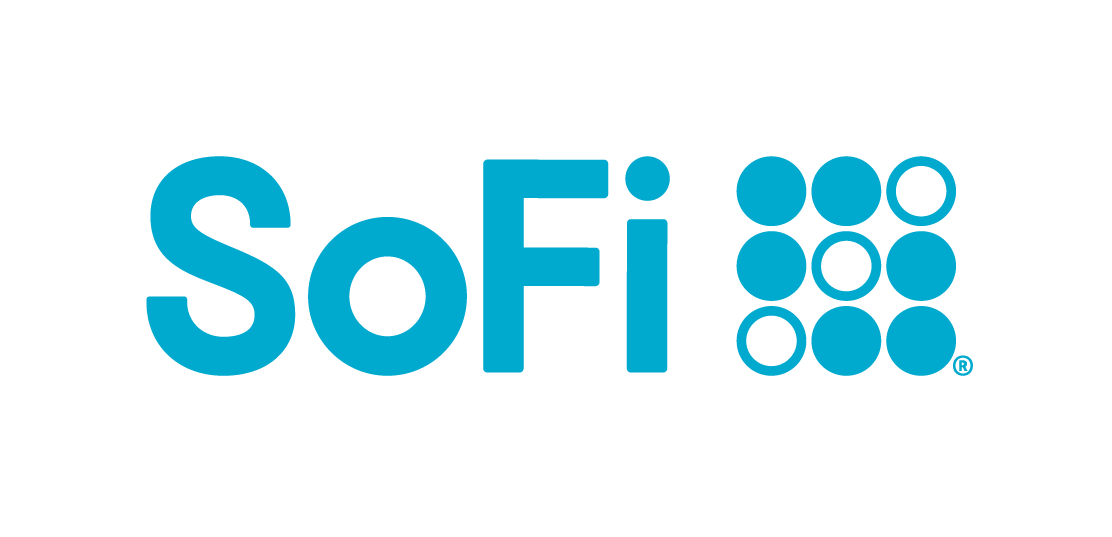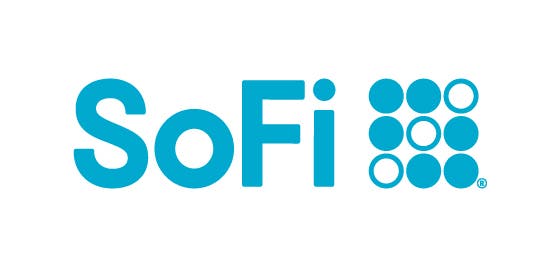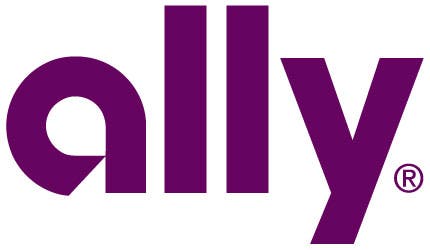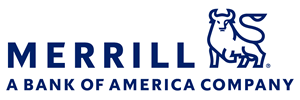SoFi Active Investing review
The Bankrate promise
At Bankrate we strive to help you make smarter financial decisions. While we adhere to strict , this post may contain references to products from our partners. Here's an explanation for .
SoFi Active Investing: Best for
SoFi Active Investing isn't trying to be all things to all traders. Simplicity and affordability are what make it an appealing choice for new investors looking for a low-cost broker offering a broad range of stock-focused investment options. It's also a solid choice for existing SoFi banking or borrowing customers who want the ease of managing their financial lives under one roof.
Several notable features set SoFi apart from its peers, including commission-free options trading (on top of $0 stock and ETF trades) and a robust fractional investing program that allows customers to buy a slice of virtually any of the 4,000 stocks and ETFs on the platform for just $5. Another valuable perk comes with a SoFiPlus membership: unlimited access to financial planners for no extra cost.
Our evaluation of SoFi Active Investing also identified a few areas for improvement. The main one is extraneous fees charged for account inactivity, certain types of transfers and closing an IRA. (See our tips below on how to minimize or completely avoid these fees.)

We want to know what you think about SoFi Active Investing
Do you have experience with SoFi Active Investing? Let us know your thoughts.
SoFi Active Investing: In the details

Overview
SoFi Active Investing provides commission-free trading on stocks, ETFs and options, and its fractional shares offering should appeal to new investors.
- Fractional shares
- Commission-free stock, option and ETF trades
- New investors
Pros: Where SoFi Active Investing stands out
Fractional shares
Fractional share investing is particularly popular with new investors who may not be able to afford entire shares in multiple companies.
At SoFi you can buy into nearly any of the 4,000 stocks and ETFs available on its platform with as little as $5. The selection includes popular companies such as Apple (AAPL), Amazon (AMZN) and Tesla (TSLA), allowing you to build a diversified portfolio even if you don't have a lot to invest.
SoFi's $0 stock and ETF trading commission applies to fractional share purchases as well. Plus, among brokers that offer fractional investing, it's one of the few that offers the ability to reinvest dividends into partial shares.
Commission-free stocks, options and ETFs
You won’t have to worry about commissions eating into your investment returns, thanks to SoFi offering commission-free trading of stocks, options and ETFs. SoFi also offers no-commission options trading, joining Webull and Robinhood in doing so. The addition of options trading moves SoFi another step closer to offering the most popular securities at no cost.
SoFi offers 6,000 no-transaction-fee mutual funds, but not all the funds available through the broker are fee-free. You'll pay a 0.2 percent transaction fee on the purchase amount on some funds, though SoFi caps the amount at $20 per transaction. Other specialized funds (such as interval and tender offer funds) come with a 2 percent fee based on the purchase amount.
Mobile app
SoFi’s mobile app is easy to use and allows you to track not just your investments but any of your SoFi accounts (e.g., your SoFi checking and savings accounts) all in one place.
It’s simple to place a trade or just check in on your portfolio’s value when you’re on the go. Not all brokers offer access to all accounts in one convenient app, so SoFi stands out here.
Access to financial planners
In February 2025, SoFi launched SoFi Plus, which offers certain premium features for members. One of the best features is unlimited access to meetings with financial planners at no cost, which SoFi pegs at a $250 value per meeting.
SoFi Plus membership is free for clients who have direct deposit set up with a SoFi bank account. For non-direct deposit customers, SoFi Plus membership costs $10 per month. If you have a lot of your financial life consolidated with SoFi, the SoFi Plus program brings some premium benefits that most customers will appreciate.
Access to alternative investment mutual funds and IPOs
Alternative investments are making headlines these days. (Think cryptocurrencies, commodities, foreign currencies, precious metals, private credit, real estate, venture capital funds.) SoFi offers a unique way for customers to gain exposure to alts by way of actively managed mutual funds focused on these assets. (Just make sure you understand the risks of involved in these more speculative investments.)
Low minimum investment requirements are a key selling point for this newer offering. But access comes at a price: These funds charge higher sales and management fees (aka sales loads and expense ratios). And SoFi charges a 2 percent transaction fee based on the purchase amount for certain specialty funds.
Eligible SoFi Active Investing members can also access IPOs by indicating their interest in buying from the list of available offerings. On the plus side, there is no account minimum requirement to participate. However, available shares are limited and SoFi determines how they are allocated based on whether you set up direct deposit into a SoFi Money account and the level of assets you have on the SoFi Invest platform.
Cons: Where SoFi Active Investing could improve
Account fees
While SoFi emphasizes its low costs, it does still charge account fees for a variety of different actions. Some are avoidable if you're aware of what action you need to take to prevent being charged:
- $25 inactivity fee: This per-account fee applies every six months you go without taking an action. To avoid it, log into your account at least twice a year.
- $25 outgoing wire transfer fee: You can avoid this fee by routing the cash to your bank account, although it may take longer to get your money.
- $100 account transfer fee: This fee applies to full or partial transfers from your SoFi brokerage account to another firm using the ACAT (Automated Customer Account Transfer) system. There is no charge for incoming transfers.
- $100 IRA closing fee: This charge applies when closing an IRA.
These fees aren’t likely to be regular occurrences, but they still eat into investors’ returns and can be sizable for those who manage small portfolios. Fees are almost always a negative for investors, and many popular brokers don’t charge IRA fees and the very best brokers don’t ding you for transferring your securities, either.
Limited research offering
SoFi doesn’t offer much in the way of investment research. You’ll get some basic stock pages with key information, but it doesn’t come close to matching the breadth and depth of tools and analysis available from other brokers such as Fidelity or Merrill Edge. Serious investors expect access to research from a variety of sources, so it would benefit SoFi to boost its offering here.
Again, this tracks with SoFi's focus on serving new investors who are looking to understand basic terms and concepts. For that audience, SoFi does offer a solid educational site that guides you through setting financial goals and exploring general investment strategies.
Lack of crypto investing
Another potential shortcoming for more adventurous traders is SoFi's lack of direct trading in futures, forex and crypto. However, crypto trading will be returning to the platform later this year, according to the company. In the meantime, SoFi's new lineup of alternative funds (discussed above) offers exposure to these assets if you're willing to pay the higher sales and management fees.
Review methodology
— Bankrate’s Rachel Christian and Dayana Yochim contributed to an update of this review.

















